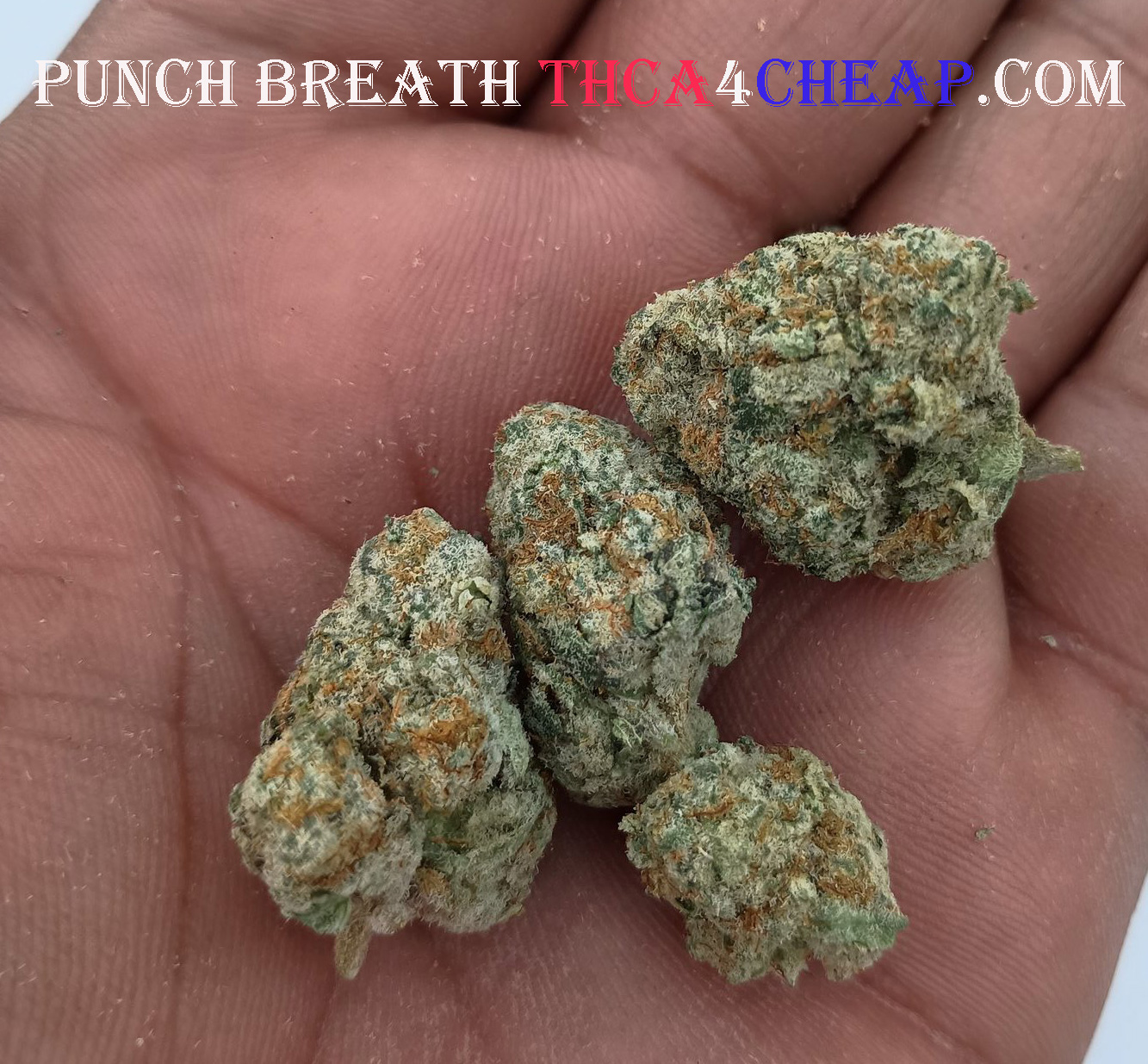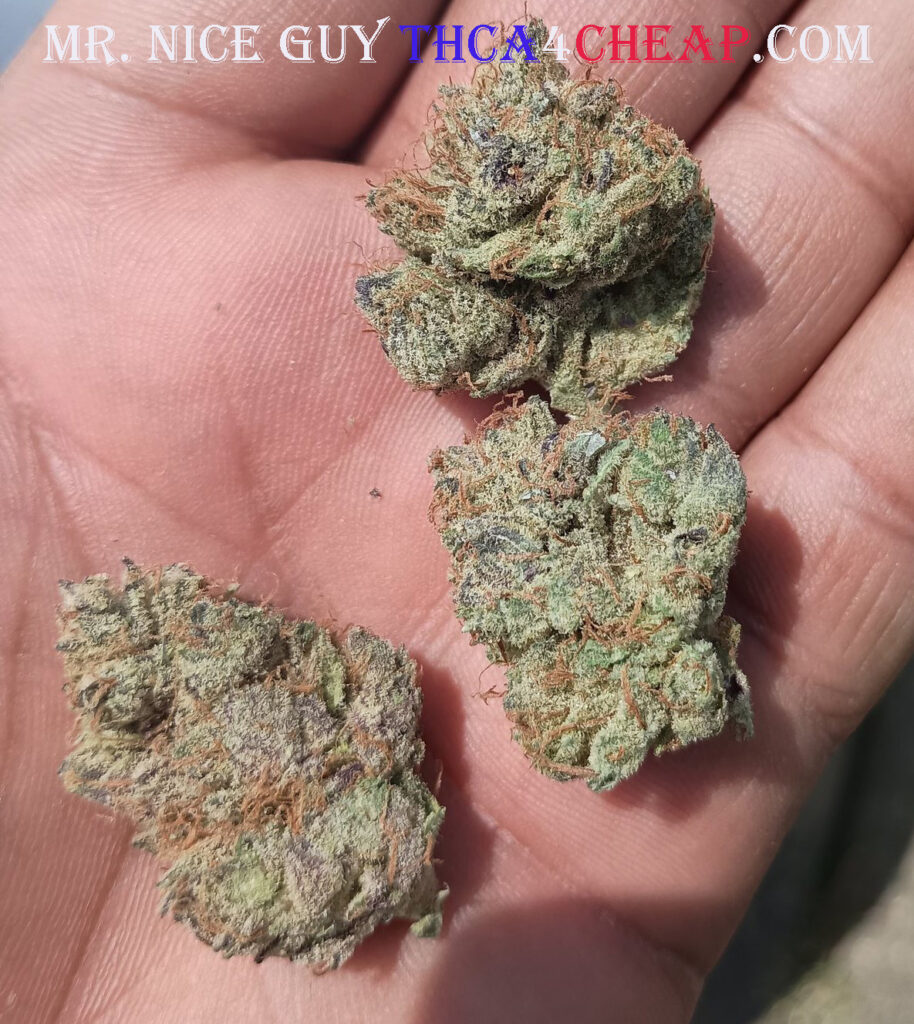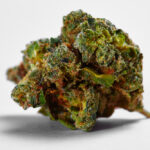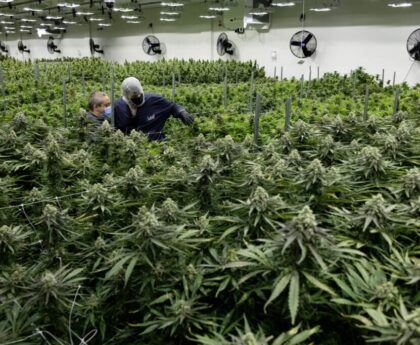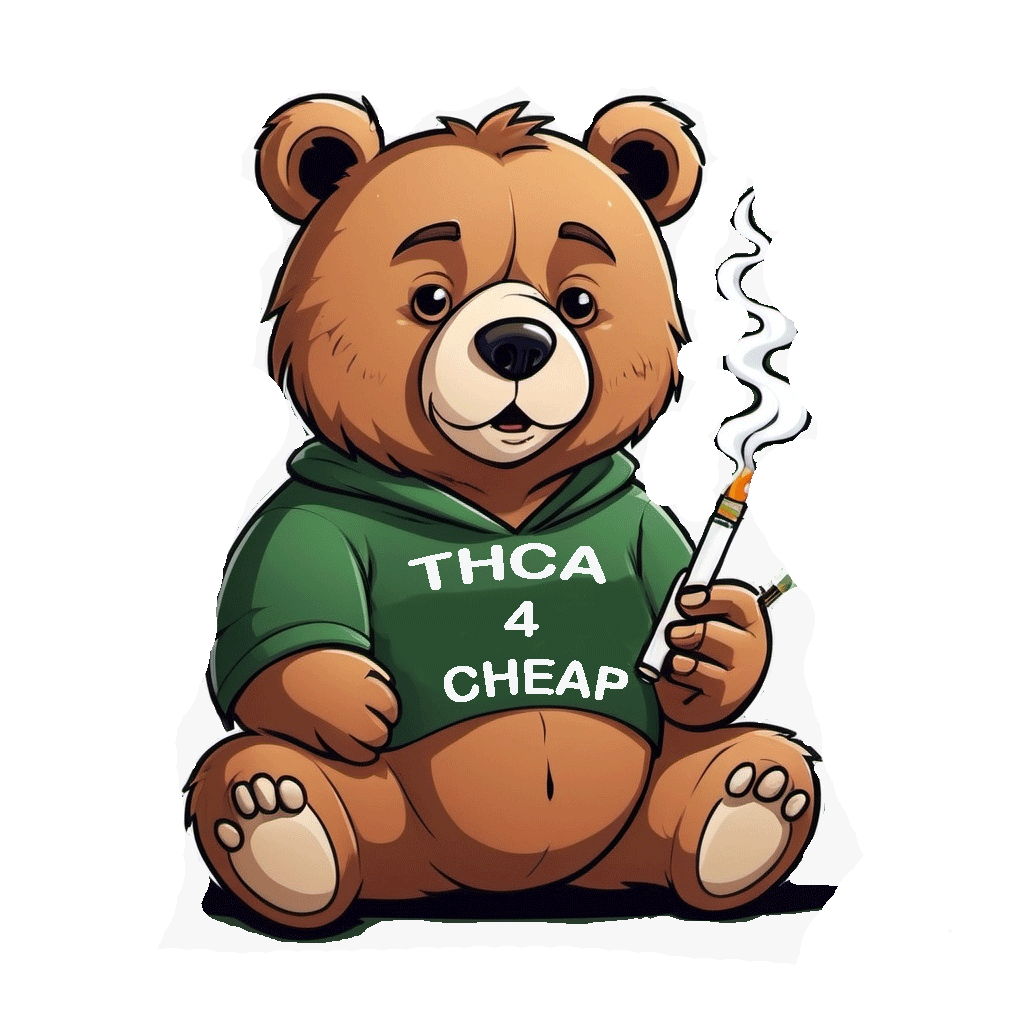In the world of cannabis, there’s a lot of talk about THC and CBD, but have you heard about THCA? This non-psychoactive cannabinoid is making waves for its potential health benefits and versatile uses and legal status. Let’s dive into the comprehensive guide on THCA with THCA4CHEAP.COM exploring everything from its benefits and uses to dosage guidelines.
Introduction to THCA
What is THCA?
THCA, or tetrahydrocannabinolic acid, is a cannabinoid found in raw and live cannabis plants. Unlike THC, it doesn’t get you high because it’s not psychoactive in its natural form.
How is THCA Different from THC?
The main difference between THCA and THC is that THCA is the acidic precursor to THC. When cannabis is heated (a process called decarboxylation), THCA converts to THC, which is psychoactive.
The Science Behind THCA
Chemical Structure of THCA
THCA has a carboxylic acid group that THC lacks. This difference in chemical structure is why THCA doesn’t have the same psychoactive effects as THC.
How THCA is Formed
THCA is formed in the cannabis plant through the biosynthesis of cannabigerolic acid (CBGA). Enzymes in the plant convert CBGA into THCA.
Decarboxylation: From THCA to THC
When cannabis is exposed to heat or sunlight, a chemical reaction occurs, removing the carboxyl group from THCA and converting it to THC, the compound responsible for the “high.”
Health Benefits of THCA
Anti-Inflammatory Properties
THCA has been shown to have strong anti-inflammatory properties, making it potentially useful for conditions like arthritis and inflammatory bowel disease.
Neuroprotective Effects
Studies suggest that THCA may protect nerve cells from damage, which could be beneficial in neurodegenerative diseases like Parkinson’s and Alzheimer’s.
Antiemetic Benefits
THCA might help reduce nausea and vomiting, which is particularly useful for patients undergoing chemotherapy or those with chronic conditions like Crohn’s disease.
Pain Relief
Like many cannabinoids, THCA is believed to have analgesic properties, offering pain relief for conditions ranging from minor injuries to chronic pain disorders.
Potential in Cancer Treatment
Early research indicates that THCA may have anti-proliferative effects on cancer cells, meaning it could potentially inhibit cancer cell growth.
Uses of THCA
Raw Cannabis Consumption
One of the most straightforward ways to consume THCA is by eating raw cannabis. This preserves the cannabinoid in its natural state.
Juicing Fresh Cannabis Leaves
Juicing fresh cannabis leaves is another popular method. This not only provides THCA but also offers the nutritional benefits of the plant.
Topical Applications
THCA can be applied topically in balms and lotions to target localized pain and inflammation.
Tinctures and Oils
THCA tinctures and oils allow for easy dosing and can be added to food or taken sublingually.
Edibles and Smoothies
Incorporating THCA into edibles and smoothies is a tasty way to enjoy its benefits. Just be sure to avoid heating it to maintain its non-psychoactive form.
How to Consume THCA
Best Practices for Consumption
When consuming THCA, it’s important to avoid heat to prevent decarboxylation. Fresh, raw preparations are ideal.
Avoiding Decarboxylation
To keep THCA intact, store cannabis products in a cool, dark place and avoid cooking at high temperatures.
Combining THCA with Other Cannabinoids
Combining THCA with other cannabinoids like CBD can enhance the overall therapeutic effects through the entourage effect.
Dosage Guidelines for THCA
Factors Affecting Dosage
The optimal dosage of THCA can vary based on factors like body weight, metabolism, and the condition being treated.
Recommended Dosages for Different Uses
For general health, smaller doses of THCA may be sufficient. For more severe conditions, higher doses might be necessary. Always start low and go slow.
Adjusting Dosage for Individual Needs
Monitor your body’s response and adjust the dosage accordingly. Consulting with a healthcare provider can also provide personalized guidance.
Potential Side Effects of THCA
Mild Side Effects
Some people may experience mild side effects like dry mouth or slight dizziness when taking THCA.
Managing Side Effects
Staying hydrated and starting with a low dose can help manage any potential side effects. If side effects persist, consult with a healthcare provider.
Who Should Avoid THCA?
People with certain medical conditions or those taking specific medications should consult with a healthcare provider before using THCA.
Research and Studies on THCA
Recent Scientific Findings
Recent studies have highlighted THCA’s potential in treating inflammation, neurodegenerative diseases, and even certain types of cancer.
Ongoing Research
Ongoing research continues to explore new therapeutic uses for THCA, expanding our understanding of its benefits.
Legal Status of THCA
Legal Considerations in Different Regions
The legality of THCA varies by region. In some areas, it’s considered legal if derived from hemp, while in others, it falls under the same regulations as THC.
Purchasing and Possessing THCA Products
When purchasing THCA products, ensure they comply with local laws and regulations. Look for reputable sources to ensure product quality. You can purchase high quality THCA flower directly from THCA4cheap.com
Comparing THCA with Other Cannabinoids
THCA vs. CBD
Both THCA and CBD are non-psychoactive, but they have different therapeutic profiles. CBD is widely known for its anti-anxiety and anti-seizure properties, while THCA is gaining attention for its anti-inflammatory and neuroprotective effects.
THCA vs. CBG
CBG (cannabigerol) is another non-psychoactive cannabinoid with its own set of benefits, including antibacterial and anti-inflammatory properties. Comparing these cannabinoids helps in choosing the right one for specific needs.
THCA vs. THC
The primary difference between THCA and THC is psychoactivity. While THCA offers numerous health benefits without the high, THC is well-known for its psychoactive effects along with its therapeutic uses.
Frequently Asked Questions about THCA
Can THCA Get You High?
No, THCA does not get you high. It must be converted to THC through decarboxylation to have psychoactive effects.
Is THCA Safe for Long-Term Use?
Current research suggests that THCA is safe for long-term use, but more studies are needed to confirm its safety profile.
How to Store THCA Products?
Store THCA products in a cool, dark place to prevent decarboxylation and preserve potency.
Can Pets Benefit from THCA?
Some studies suggest that pets may benefit from THCA, particularly for pain and inflammation. Always consult with a veterinarian before giving THCA to pets.
How to Test for THCA Potency?
Lab testing is the most reliable way to determine THCA potency in cannabis products. Look for third-party lab results when purchasing products.
Personal Stories and Testimonials
Success Stories
Many individuals have reported positive outcomes using THCA for various health conditions, from chronic pain to anxiety.
Lessons Learned
Learning from others’ experiences can provide valuable insights into using THCA effectively and safely.
How to Choose High-Quality THCA Products
Factors to Consider
Consider factors like product source, extraction method, and third-party testing when choosing THCA products.
Trusted Brands and Products
Research and opt for trusted brands known for quality and transparency in their production processes.
Conclusion
THCA offers a wealth of potential health benefits without the psychoactive effects of THC. By understanding its uses, benefits, and proper dosage, you can incorporate THCA into your wellness routine effectively. Always consult with healthcare professionals and choose high-quality products to ensure the best results.
Author: Saul Meshach
Cannabis Industry Expert


